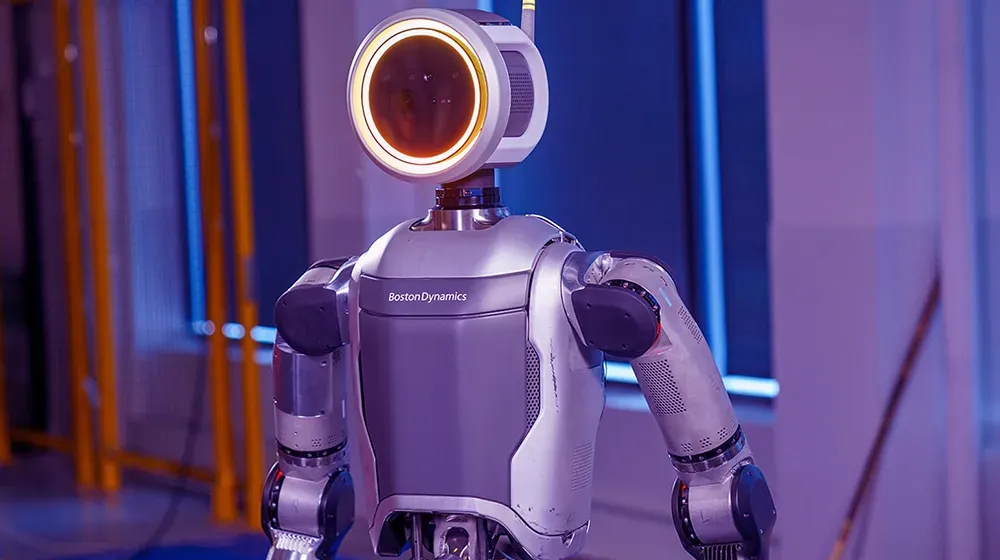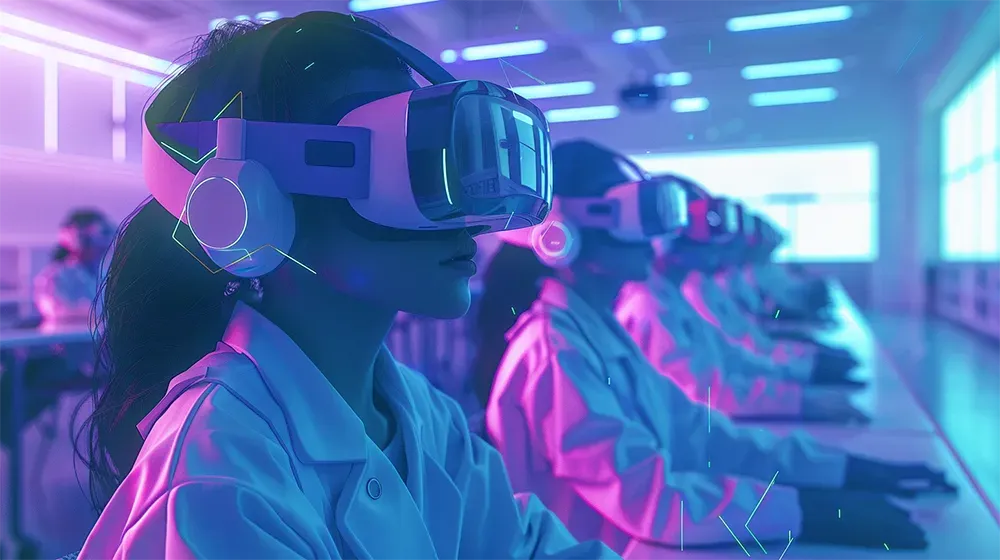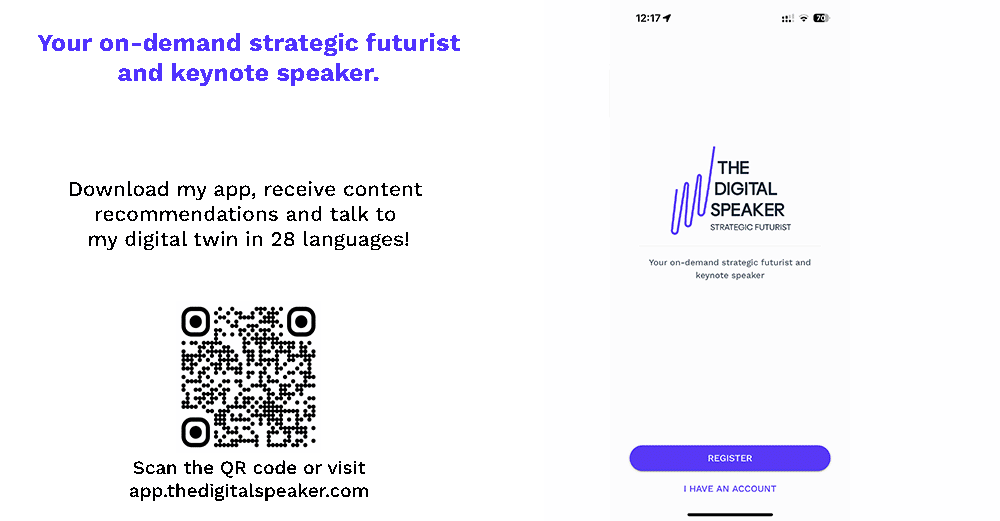Synthetic Minds | 2035 Vision and an Eerie Humanoid

'Synthetic Minds' serves as a mirror to the multifaceted, synthetic elements that are beginning to weave into the fabric of our society. The name acknowledges the blend of artificial and human intelligence that will shape our collective future, posing incredible opportunities and ethical dilemmas.
2035 Vision: Ten Predictions for the Future

My latest article:
As we peer into the future, envisioning the landscape of 2035 is not just intriguing—it’s essential for shaping the strategies and innovations of tomorrow.
In my latest article, "𝟮𝟬𝟯𝟱 𝗩𝗶𝘀𝗶𝗼𝗻: 𝗧𝗲𝗻 𝗣𝗿𝗲𝗱𝗶𝗰𝘁𝗶𝗼𝗻𝘀 𝗳𝗼𝗿 𝘁𝗵𝗲 𝗙𝘂𝘁𝘂𝗿𝗲," I explore a decade of transformation that awaits us.
From the inception of living movies that offer dynamic, user-driven narratives in virtual realities to the integration of quantum computing reshaping industries, the advancements suggest a future where digital and physical realms are seamlessly intertwined. Innovations such as hyper-personalised AI adapting to our emotional and cognitive states and AI-driven education systems reshaping learning paradigms highlight a trajectory towards more tailored and immersive human experiences.
As augmented reality redefines social interactions and preventive genomics anticipates healthcare needs, our world in 2035 appears as a tapestry of interconnected, technology-enhanced realities promising greater efficiency and deeper human connection.
Synthetic Minds Podcast - Teaser!
I have started recording my new podcast, where I move from science fiction to science reality by interviewing science fiction writers. The objective is to learn and share how organisations can become better at futures thinking. So far, I have done five interviews, with more to come, and the podcast will launch in the coming weeks. If you know of any science fiction writer I should interview, please reply to this newsletter.
Synthetic Snippets: Quick Bytes for Your Synthetic Mind
Quick, curated insights to feed your quest for a better understanding of our evolving synthetic future. The below is just a small selection of my daily updates that I share via The Digital Speaker app. Download and subscribe today to receive real-time updates. Use the coupon code SynMinds24 to receive your first month for free.

1. BOSTON DYNAMICS' NEW ATLAS MAY JUST BE TOO HUMANOID FOR COMFORT
Boston Dynamics has rolled out its latest creation, the all-electric Atlas robot, promising a leap towards commercial viability with its less cumbersome, more agile design. Unlike its predecessor, which was powered by a hydraulic system, the new Atlas features electrically powered, 360-degree joints, enabling movements so unnaturally fluid that they border on eerie. (Boston Dynamics)

2. TOO YOUNG FOR THE METAVERSE? META'S CONTROVERSIAL PUSH INTO CLASSROOMS
Before they're even old enough to drive, Meta wants to put virtual reality headsets on 13-year-olds. They are steering its Quest 3 virtual reality headsets into classrooms, targeting students as young as 13 to immerse them in digital replicas of historical sites and art galleries. I believe that this premature push into digital realms could further worsen the already problematic tech addiction and cognitive overload for young teenagers. Instead of pushing more screen time to our children, shouldn't we be reducing it? (Bloomberg)

3. ENLIGHTENING AI: THE DAWN OF PHOTONIC COMPUTING
The introduction of Tsinghua University's "Taichi" photonic computer chip heralds a transformative moment in AI technology, challenging Silicon Valley's dominance. Utilising light for computation, this chip significantly cuts AI's energy demands. Its brain-inspired design allows efficient, parallel processing that drastically lowers energy use and operational costs. With capabilities like precise image recognition and content generation, it is a leap toward more accessible and sustainable AI technologies. (Singularity Hub)

4. THE AI OASIS: DATA CENTER DUEL IN THE DESERT
In a high-stakes duel reminiscent of past oil races, Saudi Arabia and the UAE vie for supremacy in the AI arena, developing data centres in the desert to claim technological and geopolitical dominance. Facing challenges like extreme heat and talent shortages, they innovate with advanced cooling technologies and strategic international partnerships, aiming to transform their oil-rich kingdoms into global AI powerhouses. (Bloomberg)

5. CHIP CHOP: CHINA CUTS OUT FOREIGN SILICON
China's latest mandate for its telecom carriers to phase out foreign chips like those from Intel and AMD by 2027 marks a significant pivot towards domestic semiconductor use. This directive, part of a broader effort to enhance national security and reduce dependency on American technology, could reshape the global tech landscape, striking at the heart of Intel and AMD's market share. The push reflects China's ambition to nurture its semiconductor capabilities, a critical component of its tech sovereignty goals. (The Wall Street Journal)

Download the full 2024 Top Ten Technology Trends Report
Know someone who needs the Synthetic Minds?
Forward it to someone who might like it too.



